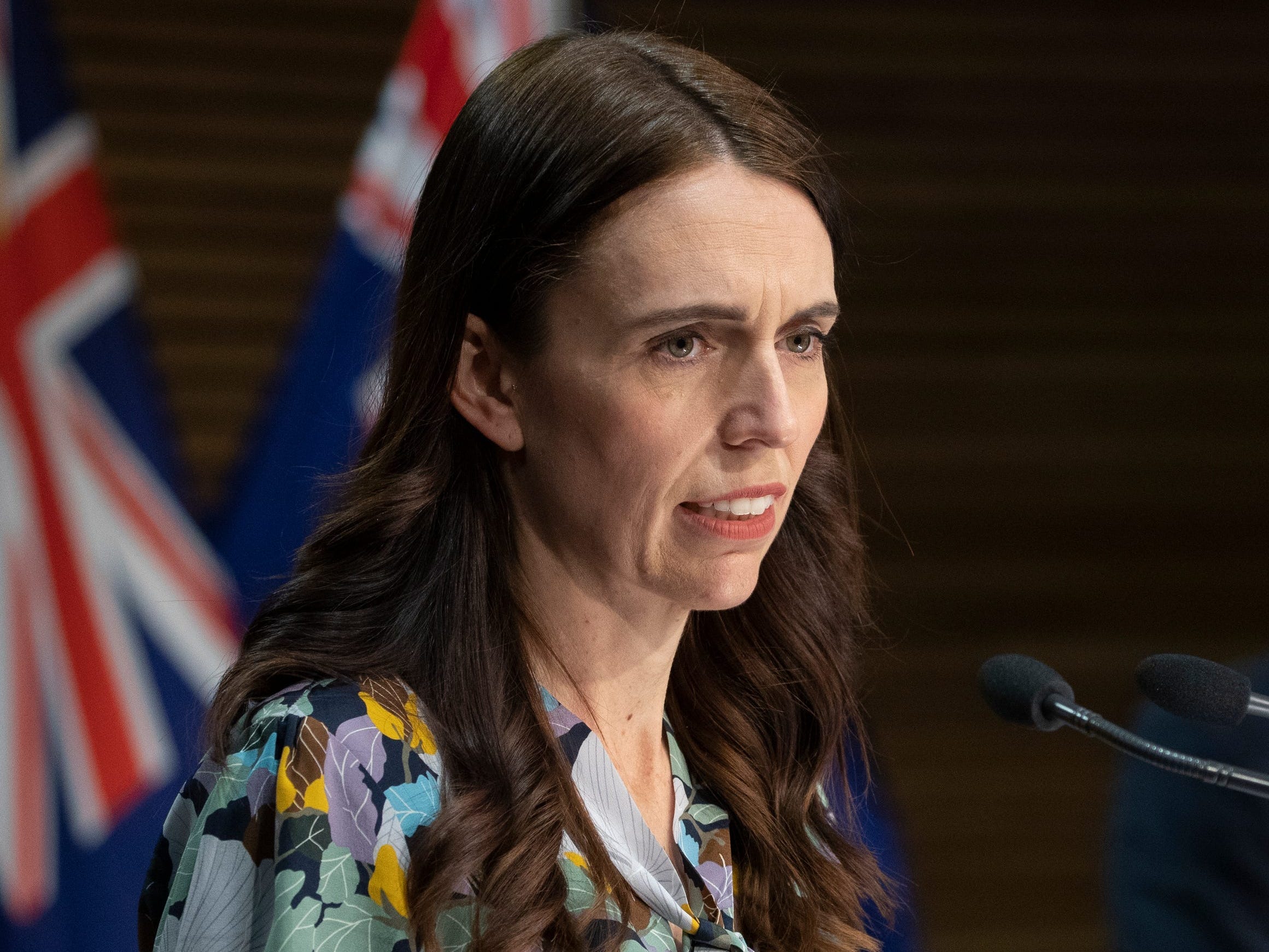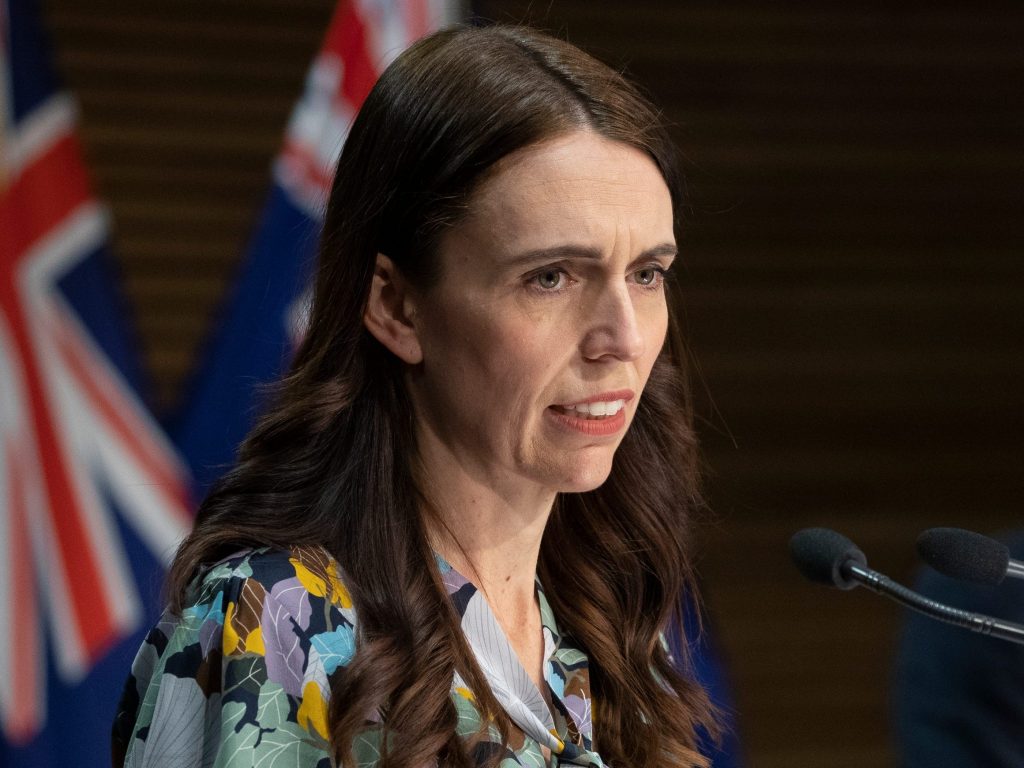
Mark Mitchell – Pool/Getty Images
- New Zealand has extended a national lockdown that was triggered by a single COVID-19 case.
- The outbreak has now led to 148 cases.
- An official said the Delta variant raised "big questions" about the country's COVID-19 "elimination" plan.
- See more stories on Insider's business page.
New Zealand has extended its national lockdown, triggered by a single COVID-19 case, by at least four days as it tries to contain the highly infectious Delta variant.
The country first went into lockdown on August 17 after it detected a single COVID-19 case in Auckland, which health officials assumed was Delta. New Zealand's Prime Minister Jacinda Ardern said Thursday that the infected person had returned from Sydney, Australia – a COVID-19 hotspot – and arrived in Auckland, the country's largest city, on August 7.
By the time it was announced that the lockdown was being extended, the outbreak was responsible for 107 cases, according to public data. There were 41 new cases reported Tuesday, pushing the total to 148, the data showed. Some 137 of these cases were in Auckland.
Ardern said Monday that the country would be in strict lockdown until at least midnight on Friday, August 27. Auckland will be in Level 4 lockdown, the nation's highest level, until at least Tuesday August 31, she said.
Under Level 4 rules, New Zealanders can only leave the house for exercise, supermarket shopping, essential medical care including pharmacy visits, and getting a test.
Ardern said in a briefing Monday that it was the "safest option to hold course," adding that the number of cases in New Zealand may "continue to get worse" before getting better. Ardern said that the virus had got a "headstart" and spread across the country.
Lockdown may not contain Delta
Dr. Ashley Bloomfield, New Zealand's Director-General of Health, said in a briefing Tuesday that the highly infectious Delta variant was "unlike" New Zealand's previous experience of the virus. "We have seen it spread rapidly," he said.
New Zealand has responded to outbreaks with strict lockdowns. It first went into Level 4 lockdown on March 26, 2020, when it had recorded fewer than 300 cases, and no deaths. The country has recorded 3,097 COVID-19 cases and 26 deaths since the start of the pandemic, according to Johns Hopkins University.
Ardern maintained that the country's "elimination strategy" - to completely contain and eradicate COVID-19, rather than live with it in the community - remained the "right thing" to do.
But Chris Hipkins, New Zealand's Covid-19 Response Minister, told Q + A on Sunday, before the lockdown was extended, that the Delta variant raised "some big questions" about New Zealand's long-term plans to contain the virus.
Hipkins said that it took less than 24 hours for someone to catch Delta and pass it on. "That's like nothing we've dealt with in this pandemic so far, and it does change everything," he said.
Hipkins said that New Zealand's "existing protections," such as strict lockdowns, were starting to look "less adequate and less robust."
"We are looking very closely at what more we can do there," he said. He said that at some point the country will need to open up but it was too early to predict what this would look like. For now, Hipkins said that the country needed to give elimination of the virus "a good go."
Bloomfield said Tuesday that ramping up vaccines was key.
New Zealand has below-world average vaccination rates, with 19.4% of its population fully vaccinated. The world average is 24.6%, according to Oxford University's Our World in Data.

